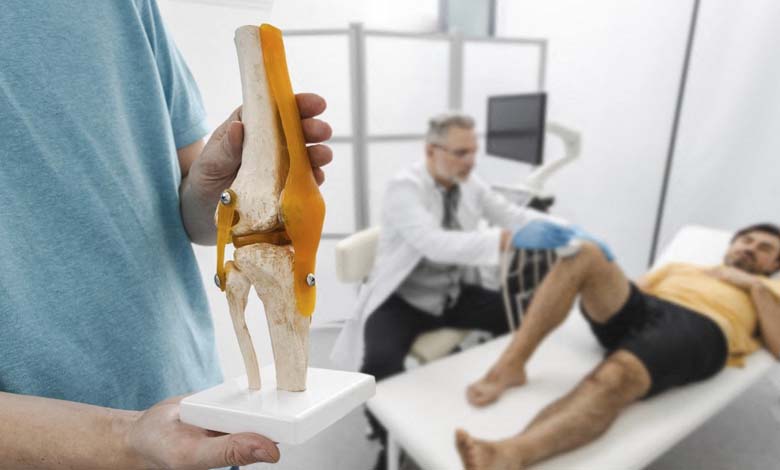The Path to Treating Knee Pain May Begin in the Ear
An innovative therapeutic approach opens new perspectives in pain medicine.

Knee pain is one of the most common musculoskeletal conditions worldwide, affecting millions of people—particularly the elderly and athletes. However, a recent study published in a leading medical journal presents an unexpected and revolutionary perspective: stimulating the ear may help effectively relieve chronic knee pain.
-
What is the Relationship Between Allergies and Ear Pain?
-
Make These a Daily Habit: 5 Foods to Relieve Joint Pain
Auricular neurostimulation: a promising avenue
The study, conducted by a team of neurologists and acupuncture specialists, explored the role of the ear as an entry point to the central nervous system. According to the results, specific zones on the auricle—particularly those innervated by the vagus nerve—can be stimulated electrically or through acupuncture to trigger a neurochemical response that reduces pain in distant body parts, including the knees.
This treatment, known as auricular neuromodulation, is based on theories long embraced by traditional Chinese medicine, but it is now gaining increasing scientific validation. Patients who underwent regular sessions showed significant improvements in pain levels, joint mobility, and overall quality of life.
Impact on pain perception
While the exact mechanisms are still being studied, researchers believe that auricular stimulation activates areas of the brain involved in pain modulation—such as the brainstem, thalamus, and prefrontal cortex. By influencing these neural circuits, the ear becomes a gateway to relieving symptoms that often resist conventional treatments.
Toward non-invasive and personalized therapies
One of the key advantages of this method is that it is non-invasive, natural, and well-tolerated. It offers a valuable alternative to drug treatments, which are often associated with side effects or dependency risks. It could also serve as a therapeutic option for patients awaiting surgery or those for whom injections and other interventions are not recommended.
Rethinking pain management
This study does not aim to replace traditional treatments but rather emphasizes the importance of expanding our understanding of pain and its management, embracing complementary approaches that are supported by scientific evidence. As medicine evolves, the integration of validated alternative therapies seems increasingly necessary.
In conclusion, this discovery invites us to reconsider the ear not only as a hearing organ but also as a powerful and overlooked therapeutic lever. An idea that could, in the long run, transform the way chronic pain—particularly knee pain—is perceived and treated.












